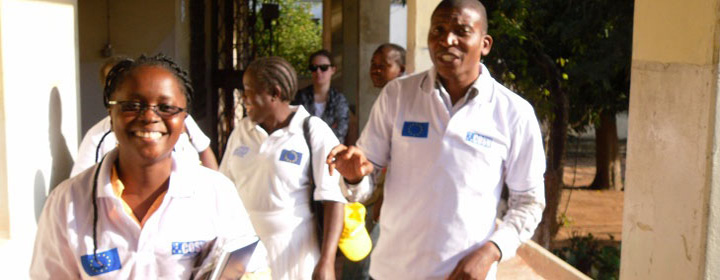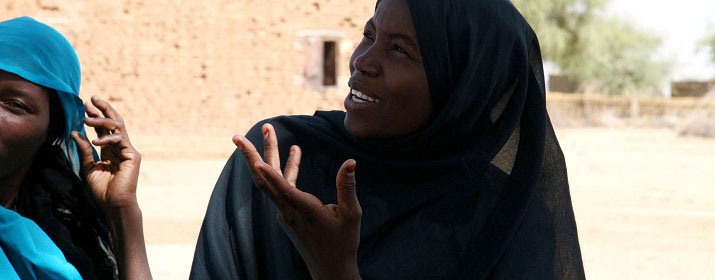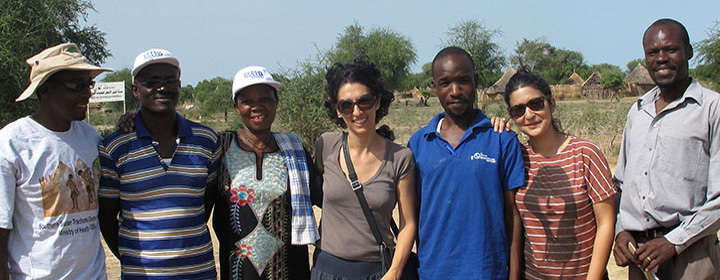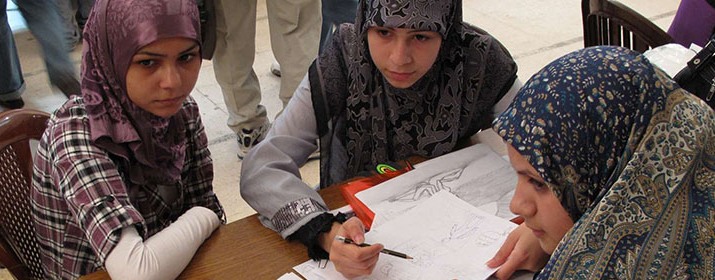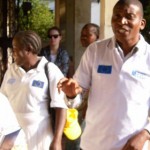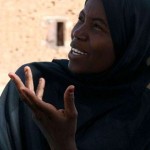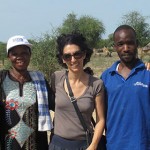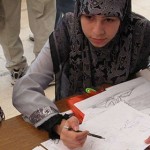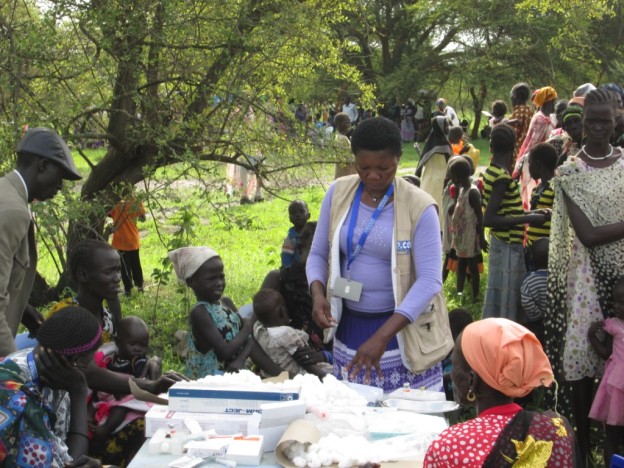“Access is the major issue we are facing today in South Sudan: our interventions take place in Jonglei State, pressed between the government and the rebel’s armies. The area has been strongly affected by the conflict, our Health Center and the compound in Ayod have been destroyed, more than 25.000 people were displaced to the northern part of the Ayod county and we moved as well, establishing our activities in Jiech, to be able to support the population. To reach the area with the charter to deliver supplies, such as drugs, education in emergency kits and nutrition kits, we need specific permissions from the two authorities” – says Peter Claver Olore, our Country Coordinator in South Sudan. “The situation is very critical, we work to support the people to face the crisis and recover from this suffering”.
The intervention we are carrying out now in South Sudan focuses on three sectors: health, nutrition and education. After the destruction of the Health Center in Ayod, we moved health and nutrition activities in Jiech, from where we provide drug supplies – such as antibiotic, antimalarial, deworming, analgesics and other medical material – and nutrition kits. There are only seven primary health facilities that survived from destructions in Ayod County: they are in Mogok, Canal, Jiech, Pagil, Wau, Menime and Haat, all in only four (Mogok, Wau, Pagil and part of Pajiek) out of seven payams of Ayod county. They only supply drugs with remote approach, but access is hard and people working in Mogok and Canal have to reach Jiech on foot (for 2-3 days walk) to be able to collect the drugs to serve their community. Other facilities remain inaccessible due to insecurity and no access routes or airstrips. Some of the health workers that used to work with us in Ayod are within the IDPs in Jiech: being able to do first diagnosis and to provide basic support to patients, they are a precious help and continue supporting us in providing services to the population.
All the maternity activity, for us a core action, is now in the hands of the traditional birth attendants, to whom we provide kits to allow delivery with at least basic health standard. In May, Rejoice, our Midwife, went to Jiech and she met 500 pregnant women: the community network is still working and her arrival was well anticipated to mothers who reached her for consultancies, support and care.
Education has not been considered a priority issue in 2014 South Sudan humanitarian response, but for us as COSV it is a key intervention to be able to support children and youth to face the crisis, recover from the pain and avoid their direct involvement in the conflict. From January 2014 schools were closed, and only in May teachers decided to re-open schools after COSV delivered few education kits got from UNICEF: in only one week there were 147 students registered and 15 teachers willing to support. Teachers are mostly volunteers, school buildings have been destroyed and some having no structures, classes are organized under the trees. We work with the education department, providing education emergency kits for pupils, with pens, pencils, rulers, exercise books. We also provide them with recreational kits, one for each school, with football, basketball, jumping ropes: it is necessary to re-create for children a stable environment, where they can feel safe and take even for few minutes their mind off the violence around them.
“After seeing the re-opening of those two schools, other 9 schools – with 3,234 students (2276 boys and 958 girls) enrolled – contacted the education department to ask an educational kit, but at the moment we can’t reach all of them” – told Peter Claver Olore. “We’ll work to make this possible. We believe as cosv that with education we can get the children together and provide them a better life. By supporting them to attend schools, we’ll let them grow into a direction that will help their future”

